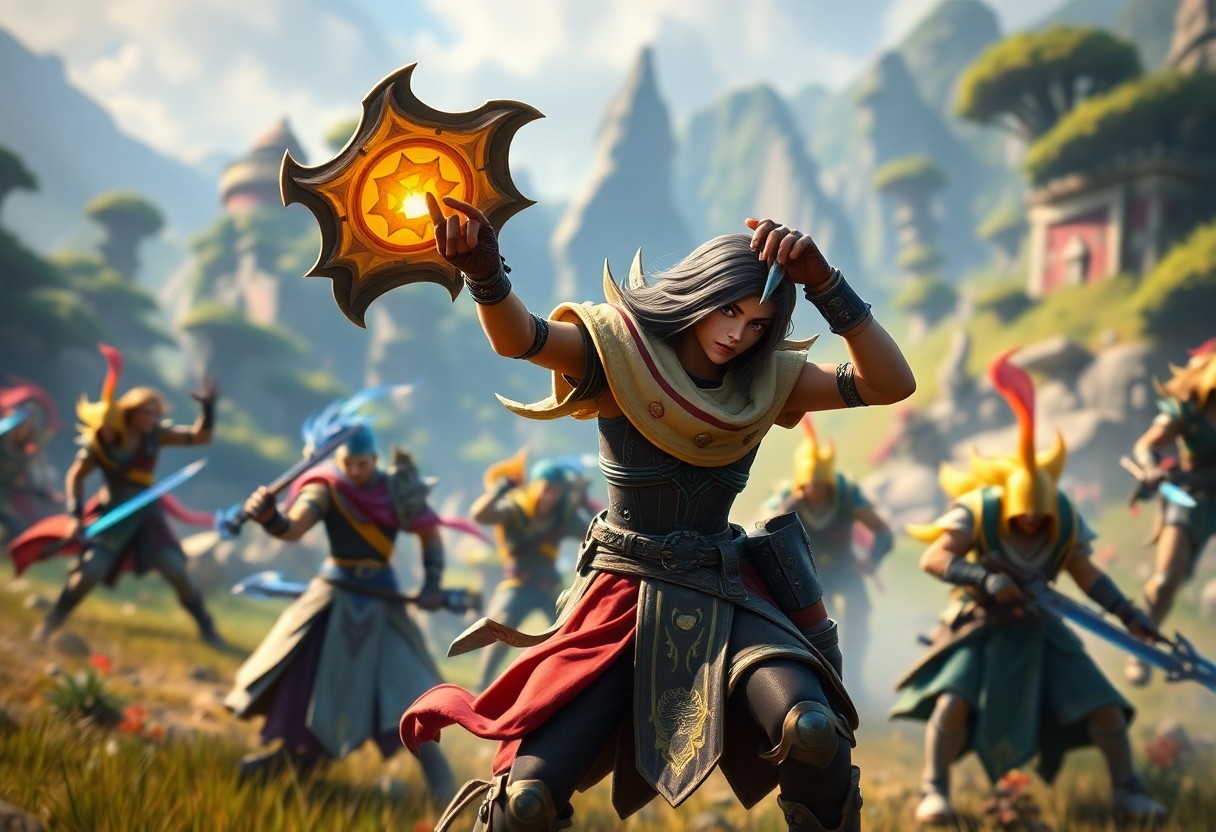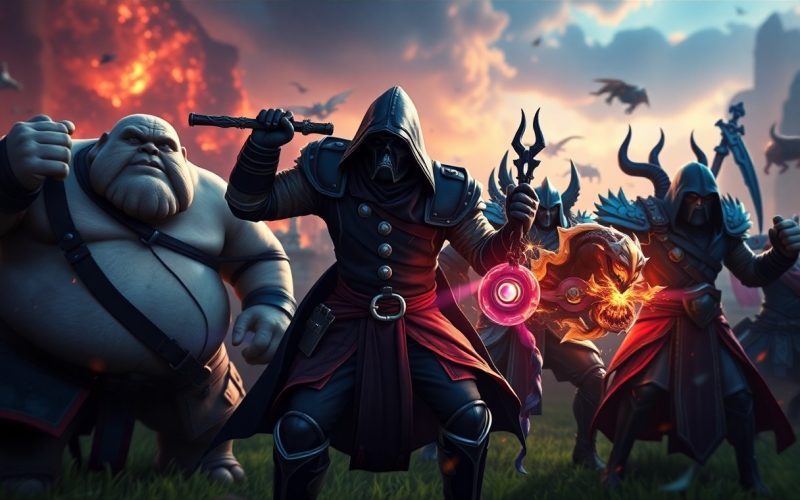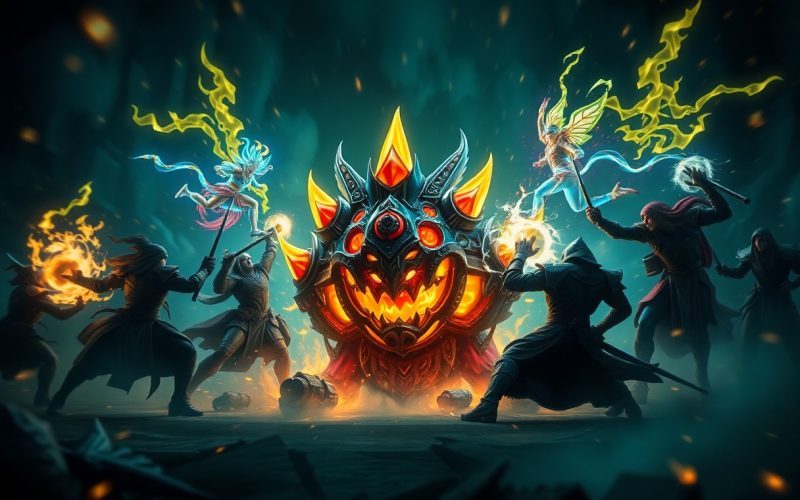It’s no secret that the Dota 2 landscape is always changing, particularly when it comes to the support meta. Each hero rework introduces fresh dynamics, altering not just individual hero performance but also the overall strategy of the supporting role. As a player, understanding these shifts can help you stay relevant in your games, allowing you to maximize your impact and enhance your team’s potential.
The role of a support is primarily to enable your team and control the tempo of the game, and recent hero updates have reshaped how you can fulfill these responsibilities. One example is the rework of heroes like Lion and Shadow Shaman, which have altered abilities that allow them to contribute more effectively in both the early and late game. If you have been playing these heroes before the changes, you’ll notice their kits have been adjusted to improve survivability and crowd control, making them more formidable in protecting your core heroes or initiating fights.
Furthermore, patch alterations often lead to a re-evaluation of item choices and farm priorities for supports. With reworks, certain abilities now synergize better with items like Aether Lens or Force Staff, enhancing your role as a support in team fights. You should definitely consider how these item changes can maximize your impact, especially with heroes that can now capitalize on distance or mobility to secure engagements or disengage from risky situations.
Additionally, shifts in hero popularity and viability can profoundly influence how you play your support role. As developers continue to tweak and balance the roster, you’ll find that some heroes may emerge as stronger picks due to their redesigned abilities and interactions. Keeping an eye on which supports are favored in the current meta can guide your draft choices and help you be more strategic with your picks. If Vengeful Spirit becomes a hot choice because of a rework that enhances her versatility, you may want to practice with her to keep up with the evolving meta.
As support players, it’s also necessary to adapt your situational awareness as new interactions come into play. Reworked skills may introduce complex dynamics, meaning you’ll need to adjust your positioning and decision-making during engagements. With heroes like Disruptor receiving enhancements to his ultimate ability, the importance of timing and map awareness will be amplified. You should focus on how these changes can empower your team to control the battlefield and secure objectives more effectively.
Ultimately, adapting to the evolving support meta means being flexible in your gameplay. Explore the latest patches and analyze how recent reworks impact not just your hero, but also the overall game strategy. By embracing these changes and continuously improving your skills, you position yourself as a vital asset to any team, capable of influencing the outcome of matches through effective support play.
To conclude, as the support meta of Dota 2 evolves with hero reworks, you will find that staying informed and adaptable is key. Take the time to practice the newly reworked heroes, experiment with diverse item builds, and develop your understanding of meta trends. This will enable you to maximize your impact and lead your team to victory in this dynamic game.







